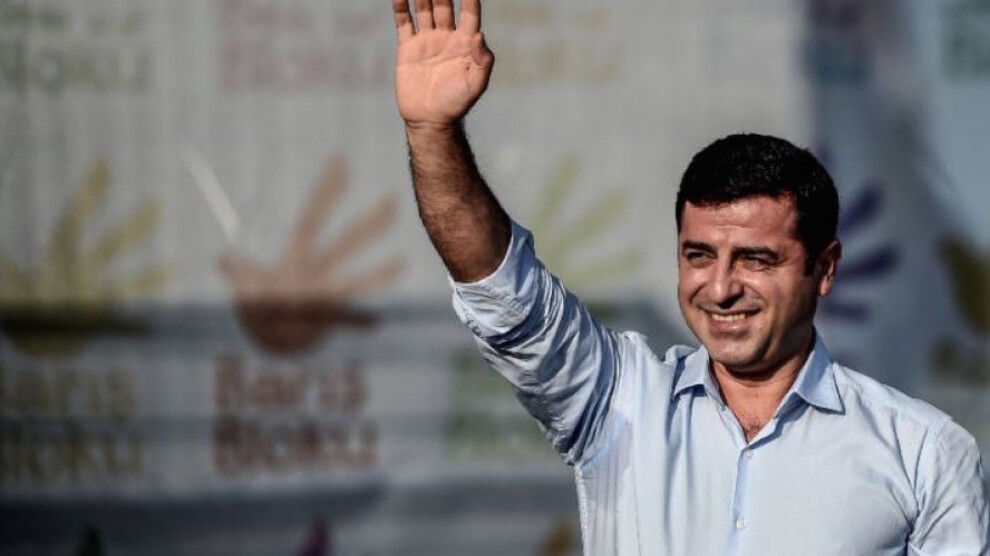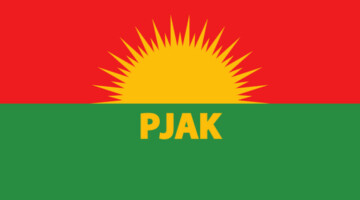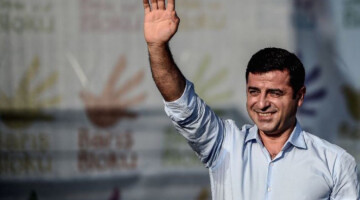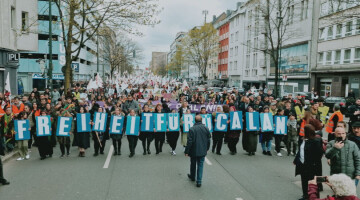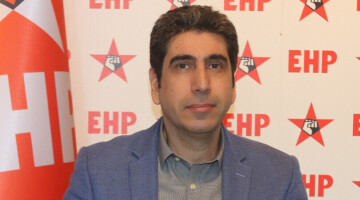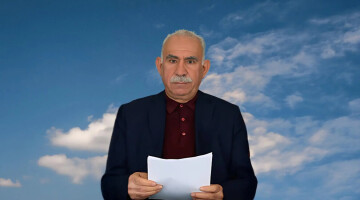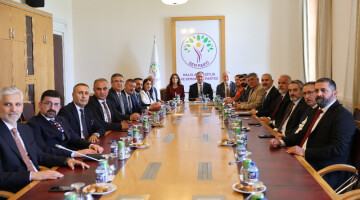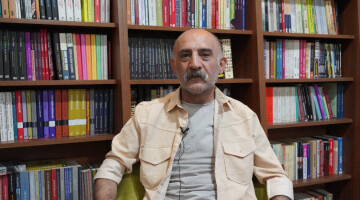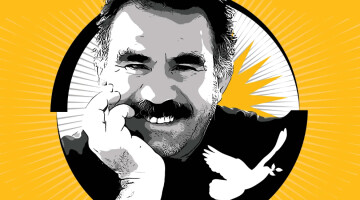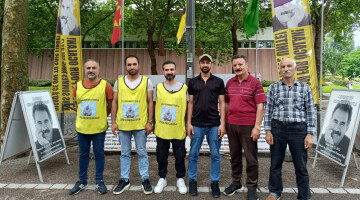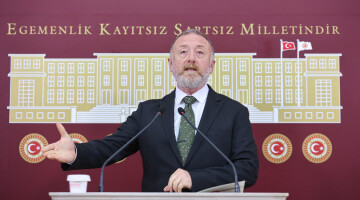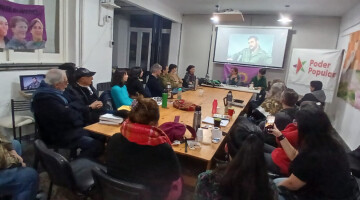Selahattin Demirtaş, a Kurdish politician and former co-chair of the Peoples' Democratic Party (HDP) who has been imprisoned in Turkey since 2016, has issued a written statement on current geopolitical and domestic political developments. The statement, published under the title “Not pathos, but courage is needed” on his X account, contains key demands for a democratic new beginning, a credible peace process, and the building of resilience across society as a whole.
With regard to the ongoing conflict between Israel and Iran, Demirtaş called for a return to the negotiating table. While criticizing the Iranian regime's authoritarian actions against its own people, he made it unmistakably clear that “no political or ideological pretext can justify military intervention by external actors. The path to stability does not lie in bombing, but in dialogue.” He called for prioritizing a diplomatic solution instead of engaging in destructive geopolitical power politics that could further destabilize the entire Middle East.
Demirtaş referred to Abdullah Öcalan's February 27 “Call for Peace and a Democratic Society” and to the decision of the Kurdistan Workers' Party (PKK) to disband and end armed struggle, emphasizing the historic opportunity for a peaceful transition: “A responsible disarmament process must be conducted with care, determination, and foresight. All parties involved are called upon to avoid provocations and contribute to a balanced and rapid process of de-escalation.”
Another focus of Demirtaş’s statement was judicial policy in Turkey. He criticized the ongoing imprisonment of elected mayors and other elected officials and called for their immediate release and a fair trial: "The systematic politicization of the judiciary not only undermines public trust, but also prevents any serious social pacification. Prosecution must be carried out by objective, independent, and apolitical authorities." He called on the government to take concrete steps to strengthen the rule of law within the country and warned against further social polarization in the shadow of international crises.
Demirtaş appealed to political actors not to engage in risky and self-serving maneuvers that could lead the country into new instability: “In this sensitive phase, no one should pursue adventurous or destructive strategies. It is our duty to defend a secular, just, and equal understanding of the state, even if this requires great personal sacrifice.”
At the same time, he called on all political forces to take their responsibilities seriously and work together to find solutions: “Our internal challenges can only be overcome through mutual trust, respect, and a spirit of brotherhood—any other path will lead to disaster.”
Demirtaş proposed convening a cross-party crisis conference in view of the foreign and domestic political crisis. This, he said, should be initiated by the president and held in parliament with all the leaders of the parties represented in parliament in order to develop a joint foreign and domestic policy strategy: “What is needed is a coordinated political course that can be supported by all democratic forces—in the short, medium, and long term.”
Demirtaş concluded by expressing his hope for peaceful coexistence among all peoples living in Turkey, addressing society as a whole: “These storms will pass. And we, the ancient peoples of this land, will live together on this land, free and equal. The Turkey we defend is a just, peaceful, and united one.”

